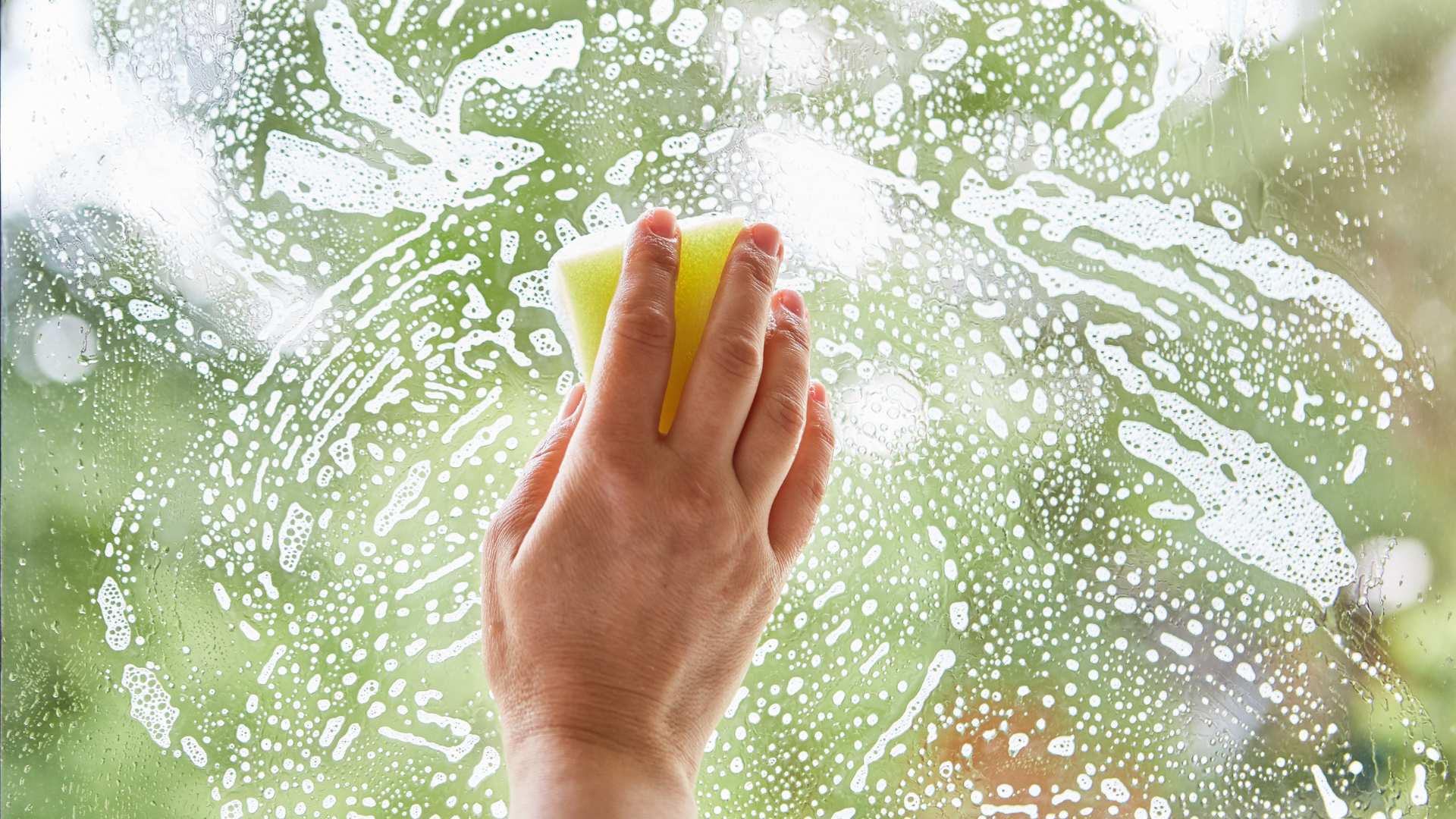Four Ways To Care For a Partner Struggling With Mental or Behavioral Health

By Thrive Waco’s Coordinator of Clinical Services Brooke Hill-Allen, Ph.D., LPC-S, LMFT, NCC, BC-TMH
A mental or behavioral health condition can overwhelm a partner as they struggle to understand their significant other’s diagnosis, support them through their healing, and cope with their own emotions. Although recovery can be challenging , the couple may embrace the journey as an opportunity to grow stronger individually and within their relationship. Below, discover strategies for caring for a partner with a mental or behavioral health concern.
1. LISTEN TO YOUR LOVED ONE.
Mental and behavioral health conditions affect individuals differently, varying in severity and symptoms. By listening to your significant other describe their mental or behavioral health experience, you show your partner that you care enough to attempt to comprehend their challenges. With a greater grasp of their struggle, you’re also more inclined to encourage their recovery.
2. NURTURE YOUR RELATIONSHIP.
Mental and behavioral health concerns can feel all-consuming for the affected person and their significant other. To maintain the health of their relationship , partners should engage in open communication and spend quality time together. As they nurture their relationship, couples are less likely to blame relationship challenges on a partner’s mental or behavioral health condition, and are more likely to strengthen their bond as they work toward healing together.
3. CARE FOR YOURSELF.
While helping your significant other who’s struggling with their mental or behavioral health, your own self-care habits may slip. By prioritizing your self-care , you can be a better caregiver for your significant other. So, be sure to carve out time to eat adequately and consistently , maintain good sleep hygiene , engage in mindful movement , and invest in your own interests.
4. SEEK THERAPEUTIC SUPPORT INDIVIDUALLY OR AS A COUPLE.
Attending therapy can impart insight into your significant other’s mental or behavioral health condition, while also equipping you with strategies to help foster their healing. You may also consider joining a support group for loved ones of individuals with a mental or behavioral health condition. Additionally, couples therapy can grant expert guidance as partners navigate a mental or behavioral health condition within the relationship.
MENTAL AND BEHAVIORAL HEALTH SUPPORT AT THRIVE
From anxiety and depression to eating disorders and perinatal mental health conditions , Thrive offers integrated treatment for mental and behavioral health conditions as well as individual and couples therapy. Contact us to learn more.
About the Author
Thrive Waco’s Coordinator of Clinical Services Brooke Hill-Allen, Ph.D., LPC-S, LMFT, NCC, BC-TMH
Dr. Hill-Allen is a Licensed Professional Counselor and Supervisor (LPC-S) in Texas and a Licensed Marriage and Family Therapist (LMFT) in Washington as well as an AAMFT Board Approved Supervisor with more than a decade of clinical experience. She has had the privilege of working in many multidisciplinary teams in several different therapeutic settings including community agencies, university counseling centers, and private practice. Dr. Hill-Allen’s theoretical approach is eclectic, meaning she incorporates multiple therapeutic styles such as Person-Centered Therapy and Family Systems. Because life can be uncertain and flexibility is important for providing treatment, Dr. Hill-Allen is also a Board Certified TeleMental Health Provider.
Dr. Hill-Allen holds a doctorate in marriage and family therapy from Texas Tech University, a master’s degree in counseling from the University of Houston–Victoria, and a bachelor’s degree in sociology and social work from Baylor University. Dr. Hill-Allen has a wealth of experience working with clients from a variety of different backgrounds as well as a wide variety of presenting concerns.
As the coordinator of clinical services at Thrive Wellness Waco, Dr. Hill-Allen is passionate about providing an environment that fosters safety and growth while also offering equitable and accessible multicultural mental health services to the BIPOC community.
Brooke is a Texas native and in her free time enjoys family time with her husband and son.
The post Four Ways To Care For a Partner Struggling With Mental or Behavioral Health first appeared on Thrive Wellness.

Start your healing journey today
NEXT STEPS
Are you ready to find hope? We can't wait to connect you with the care you need. To get started with us, please reach out using the link below.

Obsessive Compulsive Disorder

Perinatal
Mental Health
Obsessive Compulsive Disorder
Perinatal
Mental Health
SITE MENU
THRIVE LOCATIONS
Reno, NV 89501
OCD & Anxiety Disorders
Luella Garvey House
Perinatal Mental Health
"It Takes A Village"
Virtual Program
All Rights Reserved | Thrive Wellness | PRIVACY POLICY





